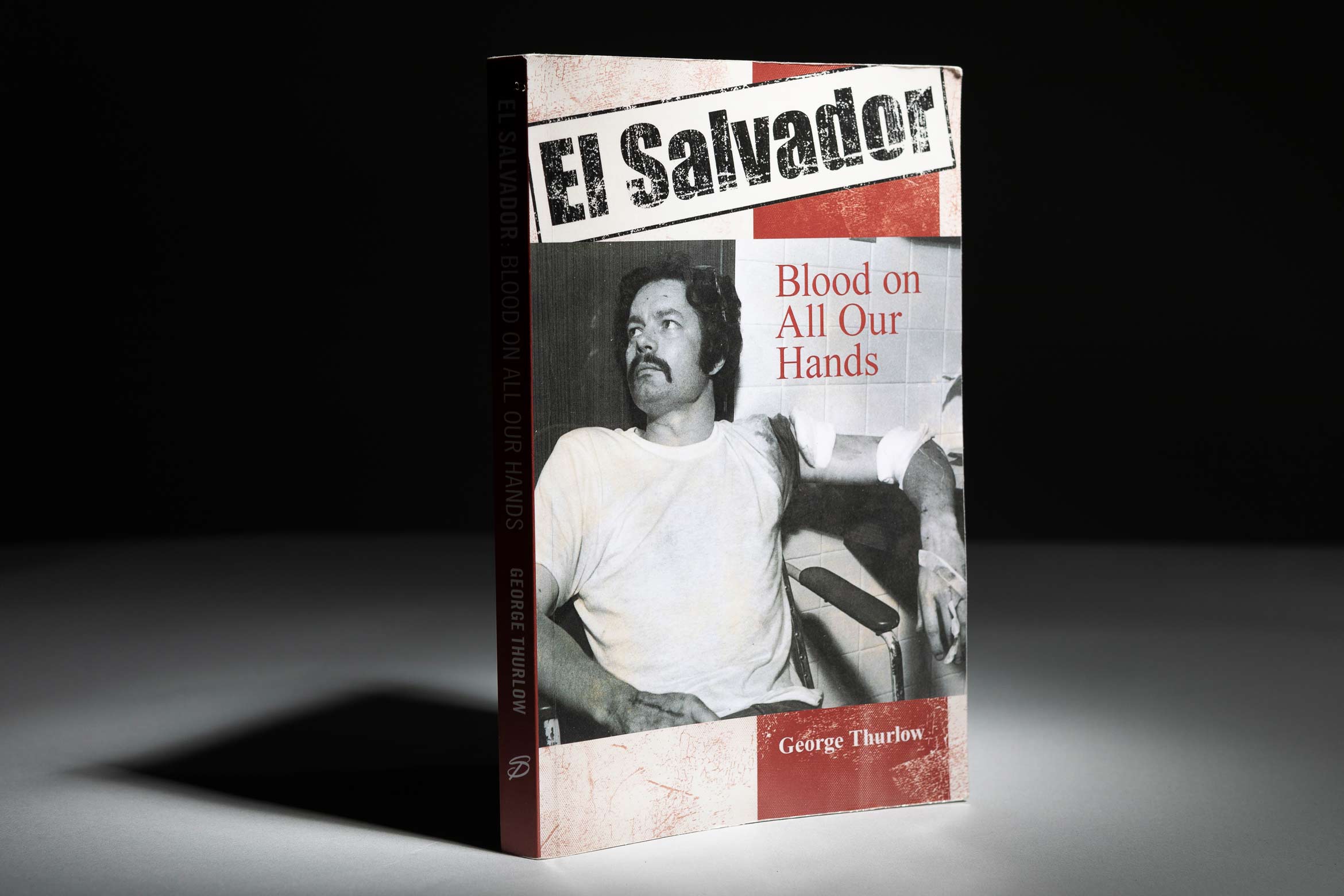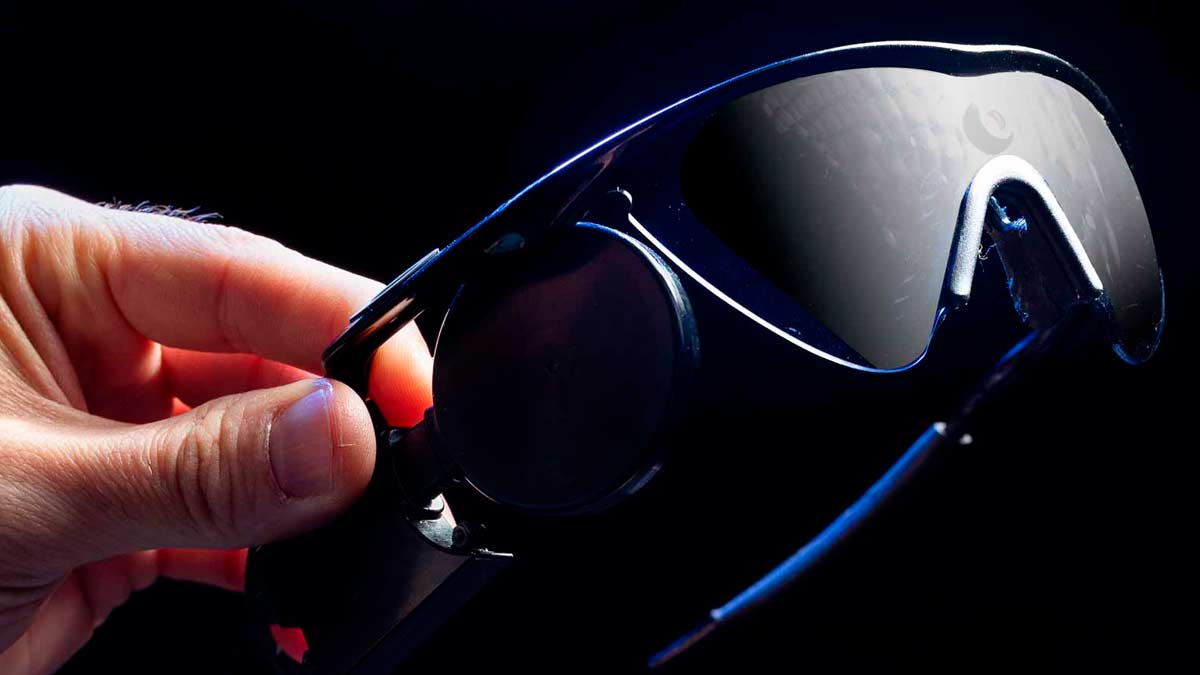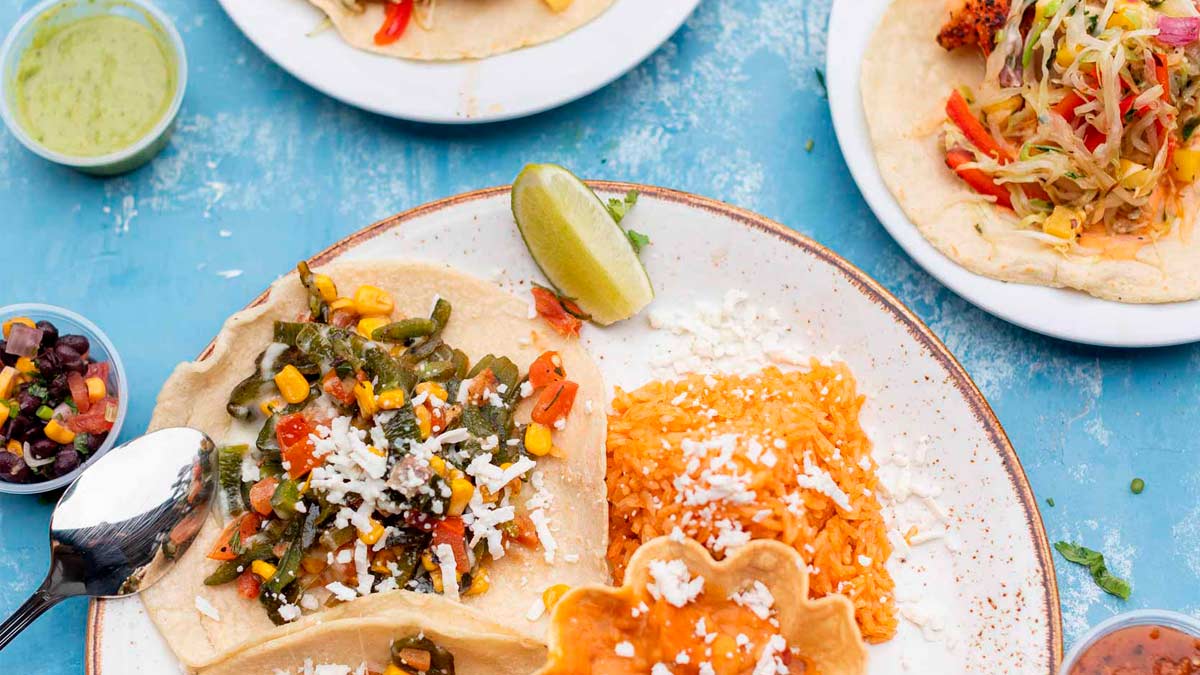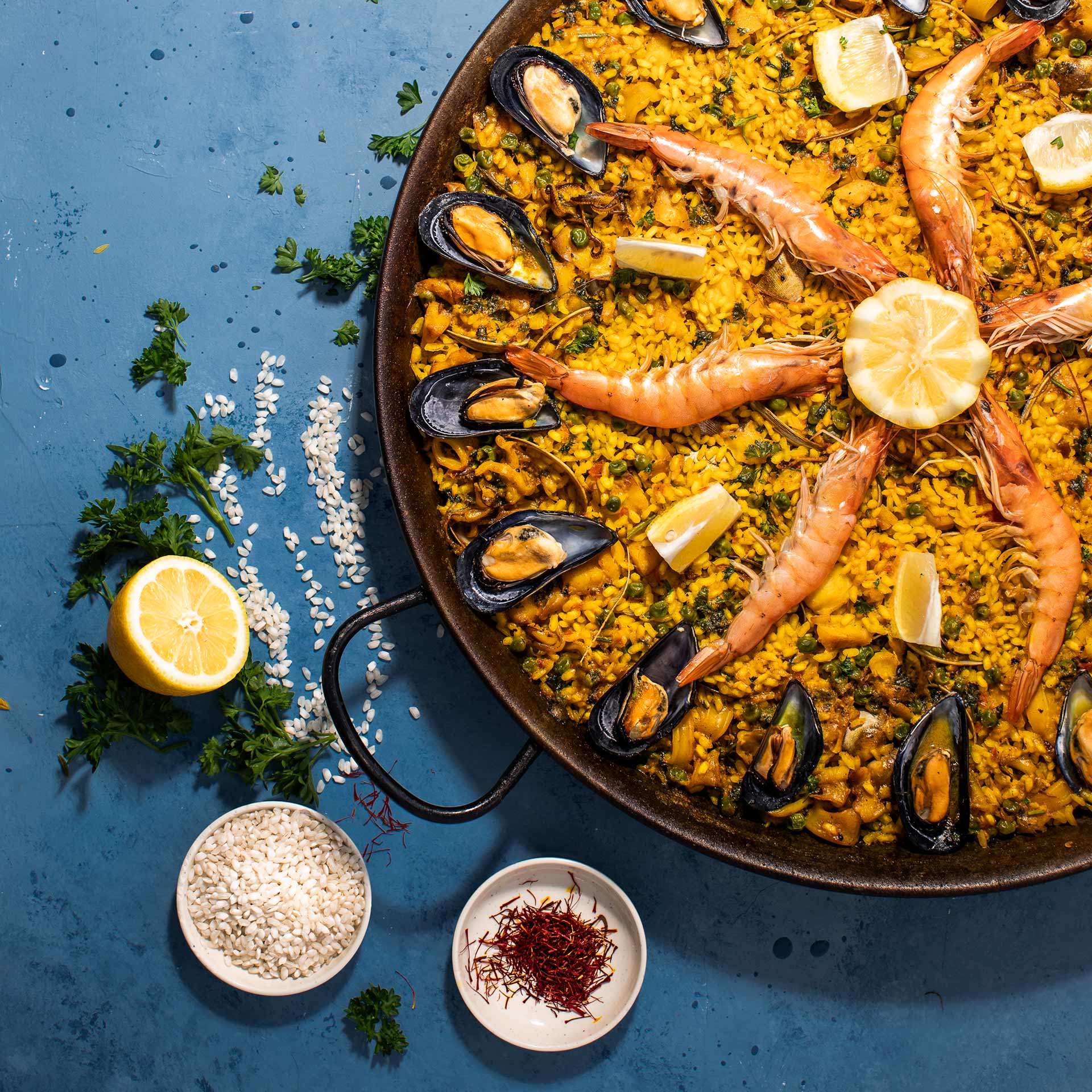
Photo: Matt Perko
George Thurlow '73
George Thurlow '73
By Keith Hamm
AS A YOUNG AMERICAN REPORTER on his first foreign assignment in 1981, George Thurlow arrived in war-ravaged El Salvador well aware of the unspoken rules of engagement. By then, the government’s military death squads, as they were called, had already killed or disappeared thousands of El Salvadorian civilians and others perceived as sympathetic to left-wing guerrilla reformers. The violent conflicts engulfing this tiny Central American country, he would later write, abided by “no morals, no international standards, no accountability.” Thurlow and his El Salvadorian driver, Gilberto Moran, experienced this firsthand as hidden gunfire rang out while they pursued a story down a dirt road through the jungle. Thurlow took multiple fragments across his left shoulder, arm and hand. Moran was killed.
In a newly released memoir, “El Salvador: Blood on All Our Hands” (Stansbury Publishing, 2024), Thurlow details the incident as a launching-off point, both backward in time to his UC Santa Barbara education and inchoate career in journalism and onward through the years on his mission of redemption. Despite knowing the mortal dangers of the job — and that Moran was a highly experienced and recommended driver — Thurlow would remain troubled. “I felt responsible for his death,” he remembers.
Born and raised in Visalia, California, Thurlow was a high school senior in the late 1960s as activism surged nationwide against the Vietnam War. A sociology major at UCSB, he protested curfews in Isla Vista, which was then an anti-war hotspot. As his search for purpose sharpened, he decided to become a writer. His career in journalism started as an unpaid proofreader at an alternative weekly; he also sold ads and delivered the paper out of his VW van. A decade later, he was working as a crime reporter for a daily outside Sacramento as news of El Salvador’s civil war — and U.S. involvement — intensified. Like most classically trained reporters in their late 20s, he was ready to take on a big story.
The memories of what happened next, especially to Moran, would grow for decades in the back of his mind. In 2000, Thurlow started taking yearly research trips to search for Moran’s grave and write about innocent El Salvadorians trapped by violence.
“Each time I went back,” Thurlow remembers, “I gained a new perspective about what happened to me and about the country as a whole.” There’s much he still carries, though, along with some of those bullet fragments in his arm.
George Thurlow served as UCSB’s assistant vice chancellor of alumni affairs from 2006 to 2020.


